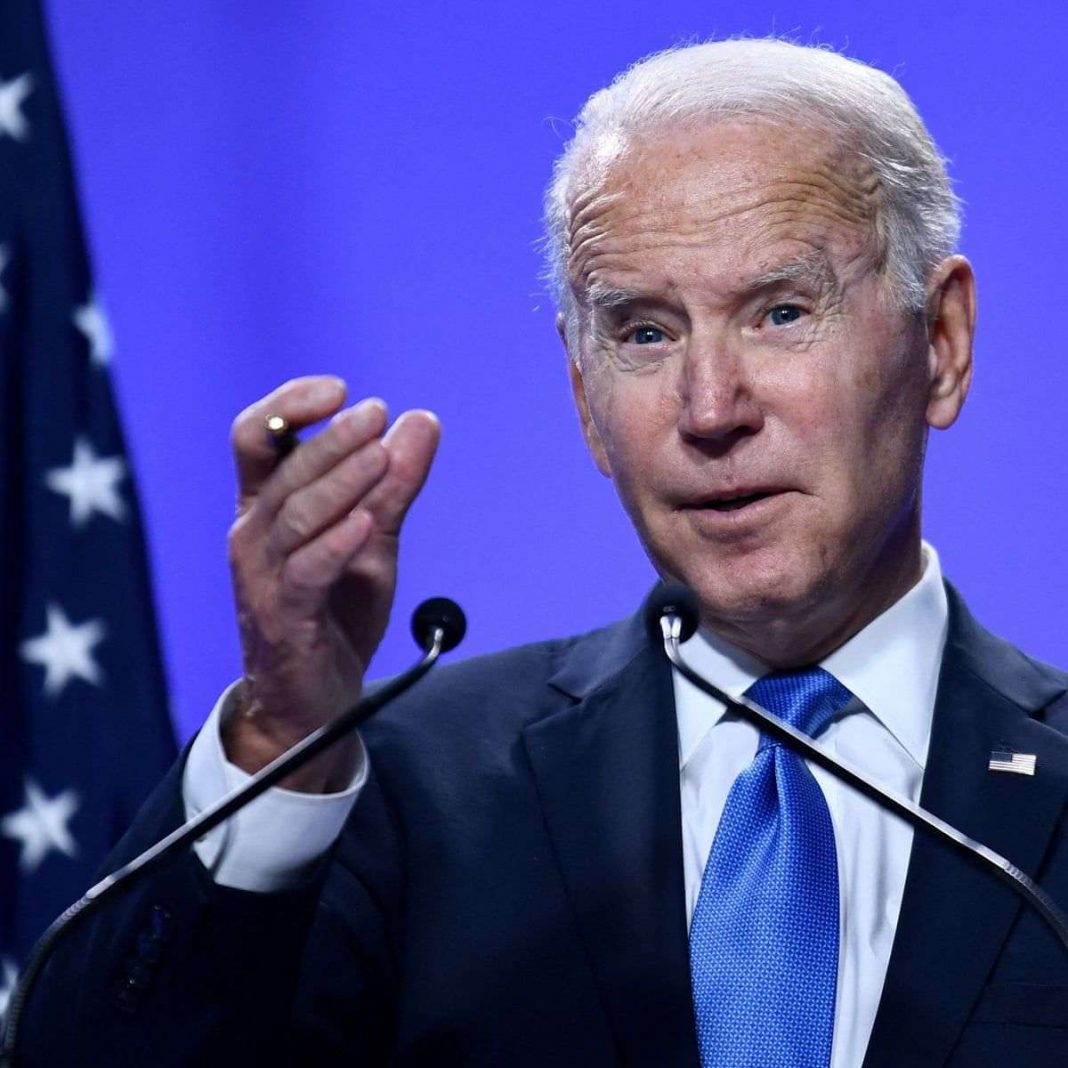Inflation has become a major source of concern for consumers in the United States, and President Biden has a solution in mind. He believes that passing a $1.85 trillion package of spending programmes and tax cuts, which is now stalled in the Senate, would go a long way toward alleviating the rising cost of goods and services.
Many economists agree with the president on certain points, but only to a certain extent. They mainly believe his claim that, in the long term, the law and his infrastructure plan would increase the productivity of firms and their employees, which will help to reduce inflation as more products and services are created throughout the economy, as opposed to the current situation.
According to a number of economists, including a forecasting agency that President Biden often uses to justify the economic advantages of his plans, the bill is constructed in such a manner that it would likely increase inflation next year, before prices have had a chance to calm.
There is some concern about the timing, with some economists and legislators arguing that the risk of igniting further inflation at a time when the rate of inflation has already reached record levels outweighs the potential benefits of passing a large spending bill that could help to keep prices under control while also addressing other social goals. The increase in prices over the last year has been the fastest in 31 years and is far more than the Federal Reserve’s aim of 2 percent per year.
Republicans have been attacking President Biden on inflation for months, hoping to derail his expansive plan to combat climate change, guarantee universal prekindergarten, expand access to health insurance, cap child care costs for low- and middle-income families, and extend a lucrative new tax break for parents. They have contended that the bill’s expenditure, which is spread out over many years and would result in higher costs, will cause prices to rise.
Similar concerns have been expressed by several moderate Democrats as well. Senator Joe Manchin III of West Virginia, a crucial holdout, has questioned whether high and growing costs should be used to encourage legislators to scale down their ambitious plans.
The degree to which President Biden’s $1.85 trillion bill exacerbates inflation will be determined primarily by how much it boosts the economy and if Americans raise their spending as a consequence of the legislation — and when all of this happens will be determined.
It is predicted to have a short-term stimulative effect by many economists because it is structured to raise money gradually by taxing wealthier Americans, who are less likely to spend each additional dollar they have, and redistribute it quickly to people who earn less and are more likely to spend newly acquired funds.
In addition, they say that through expanding the economy’s ability to produce products and services, both the president’s infrastructure plan and his larger agenda might both contribute to the gradual reduction of costs in the long run.
Lawrence H. Summers, the Harvard economist who has been vocal in his criticism of the $1.9 trillion economic assistance package that President Biden signed this year, has said that he does not believe the present plans would result in inflation. Mr. Summers has advocated that the infrastructure and larger expenditure packages should be spread out over time and paid for via taxes.
Mr. Biden’s $1 trillion infrastructure package, which was approved by Congress last week and which the president will sign on Monday, has sparked less economic and political discussion than previous proposals. A great majority of economists, including conservatives, believe this will ultimately increase the economy’s ability to grow and that it is little and spread out enough that it will not significantly fuel quicker inflation in the short future.
There is considerable support among Democrats for the economic aspirations embodied in the administration’s wider spending package, which aspires to increase fairness for low- and middle-income workers while also providing a stronger safety net for working parents. However, when it comes to the measure’s immediate impact on inflation, the situation is more nuanced.

